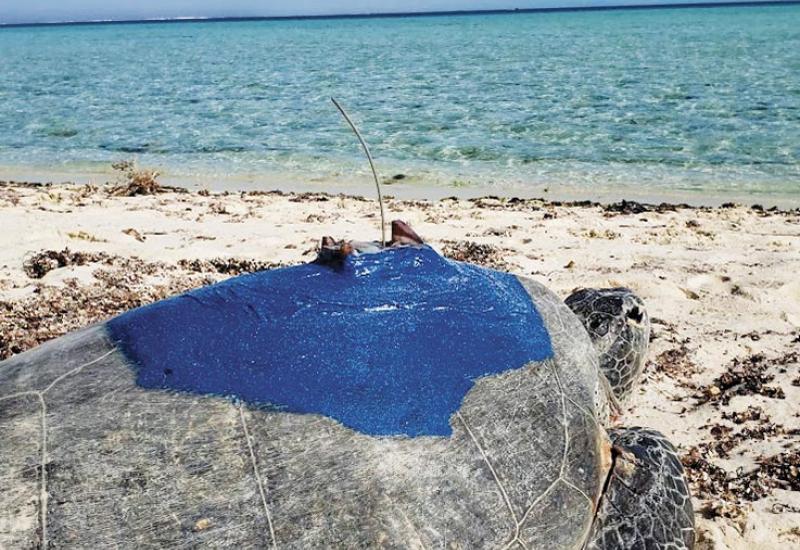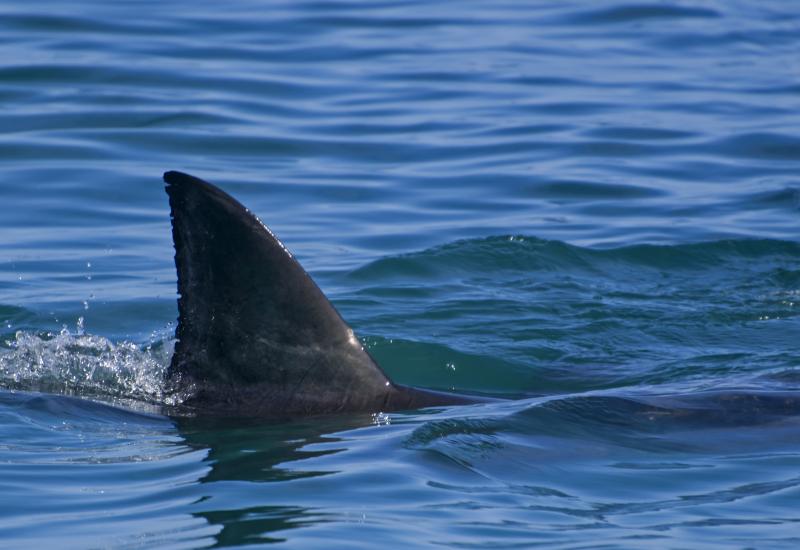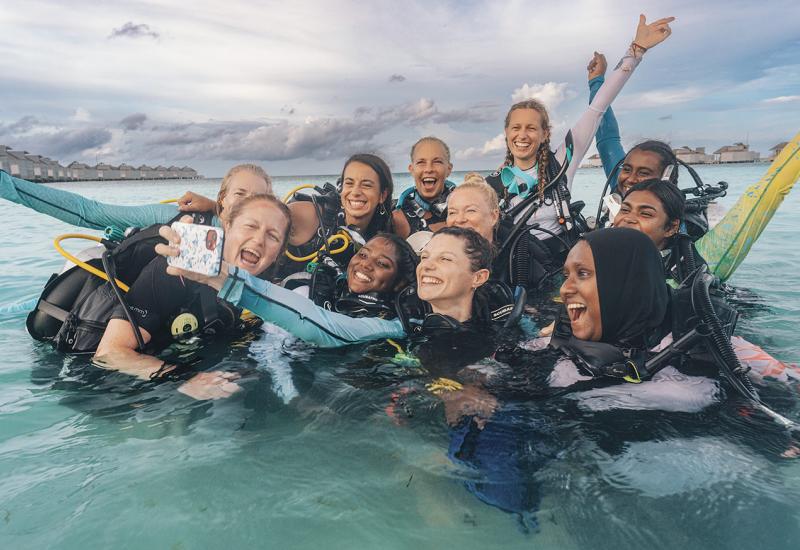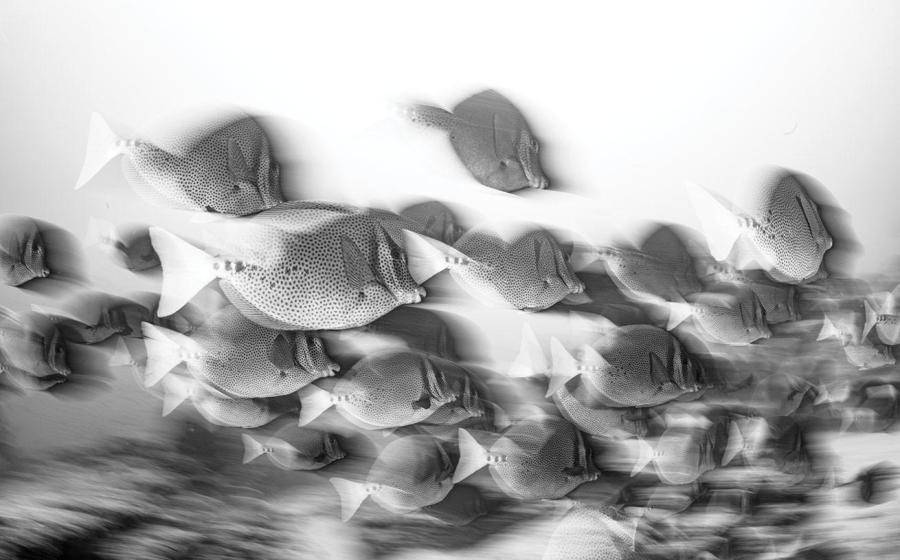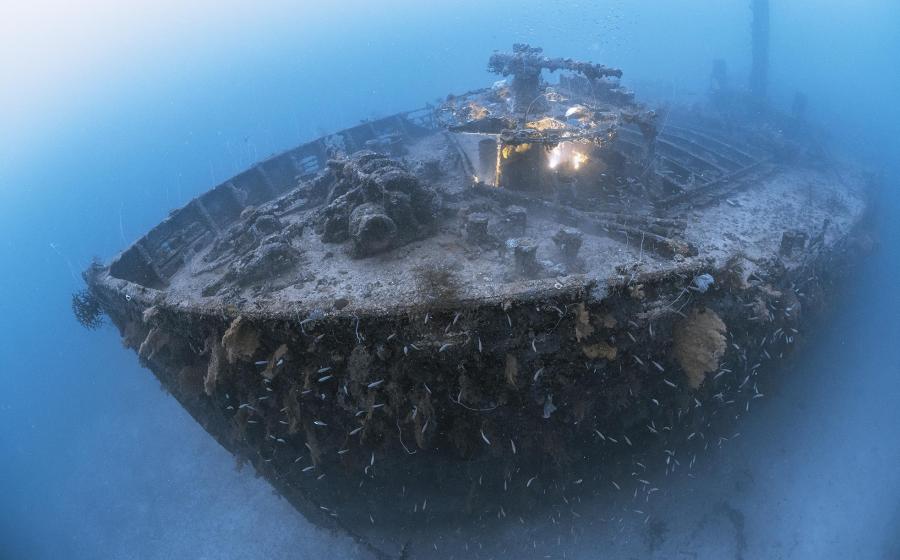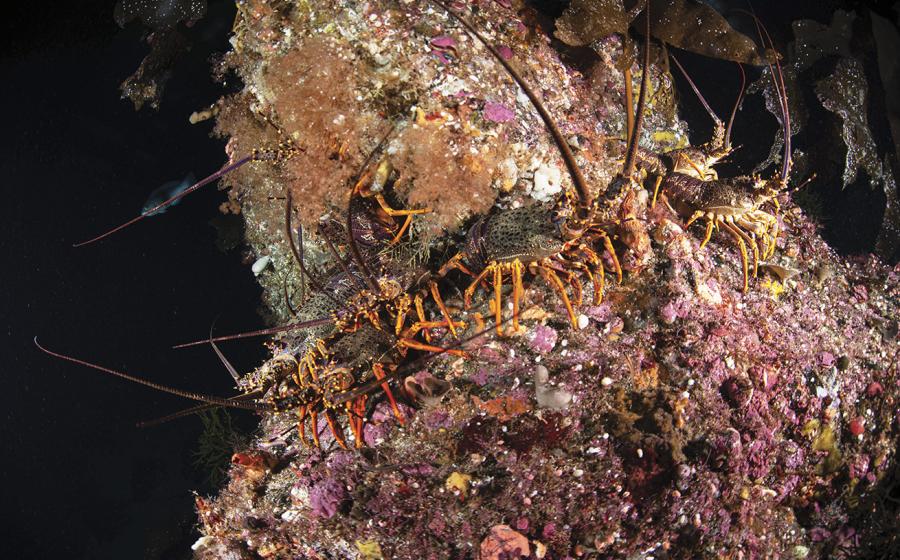This Book Is Here to Convince the World Sharks Matter

Shutterstock.com/solarsevenDrawing on decades of shark study and research, "Why Sharks Matter" is the next step in Shiffman's personal campaign to change public perception of this world-famous predator.
Dr. David Shiffman fell in love with sharks at his local aquarium as a landlocked Pittsburg kid. Against all odds, he stuck with his childhood dream of becoming a marine biologist and now spends his days sharing his predator passion with the general public through articles like his Ask a Marine Biologist column and his many @WhySharksMatter social channels.
“I do a lot of public engagement… and a lot of times people say something along the lines of: ‘I'd like to learn more about this, can you recommend a resource about shark conservation that's thorough and not full of biased agenda nonsense, and is approachable to someone like me who doesn't have a PhD or a law school degree?’" Shiffman says. "And until now, the answer to that has been, no sorry.”
Now, he can point people to his book—Why Sharks Matter: A Deep Dive with the World’s Most Misunderstood Predator is coming out on May 24 through John Hopkins University Press, available through the publisher and on Amazon, as well as select aquariums, science museums, zoos and independent bookstores.
Fresh off leading a research and Ocean Science Communication Masterclass with Miami’s Shark Field School, Shiffman sat down with Scuba Diving to discuss the book, how people can truly help sharks, and his controversial take on which is the world’s #BestShark.
This conversation has been edited for length and clarity.
Who is this book for and why did you write it?
Anyone who likes sharks and would like to learn more about them, this is for you. It's not written as a textbook. It's not written just for academics. It's written for a popular audience.
This is something that has never really been attempted, as far as I've seen. And part of it is because the topic is really complex. And a lot of people who know a lot about this topic don't have a lot of experience writing for a popular science audience. And a lot of the people who do write for that audience don't have years of experience and advanced education in the technical nuances of this subject. So, for me, it's a bit of a right-place, right-time situation.
You selected the title of this book years before any of your social accounts with the same name. Why did you settle on that name and framing for your public outreach?
I wanted to write a book about what people should know about shark science and conservation because from my in my experience the public and research community talk about this is very differently.
If you follow just people on Twitter who have large followings but don’t really work in this space, you’d think the only threat to sharks is shark fin soup and the only thing we need to do to save sharks is to ban the sale of shark fin soup. It's a lot more complicated than that. And if you if you talk to a group of scientific researchers or policy advocates who work in this space, the conversations are very different.
What common advice about saving sharks is wrong, and why does it continue to circulate?
Flashy stuff goes viral on social media. This is very true for a lot of topics, including sharks. I see all the time a petition that says something like ‘We need to ban shark finning in Florida. Shark finning is bad and monstrous, and we shouldn't do it. Sign this petition and we'll ban shark finning in Florida.’
We banned shark finning in Florida in 1993. That is a petition that cannot achieve its stated goal, because it stated goal was achieved 30 years ago. And those petitions will get 20, 30, 40,000 signatures. And the way these things are integrated into social media, it goes viral and people don't stop to think: Is this person who says they're trying to help the environment, are they correct about what the problem is? And what the solutions are?
What’s a better way to help sharks?

Courtesy John Hopkins University Press"Why Sharks Matter" will be available on May 24, published by Johns Hopkins University Press.
The single most effective thing that one person can do at a consumer level is eating sustainable seafood. There is sustainable seafood, there are sustainable fisheries, for all kinds of stuff, including sharks. If I said that statement on Twitter, I would have people screaming at me for being a monster. And if I said it at a scientific conference, all the experts in the room would nod their heads and say, ‘Yeah, of course everyone knows this.’
I'm not necessarily recommending that everyone go out and eat shark. But we don't need to be banning all fishing everywhere in order to save the ocean. We can't just ban all fishing everywhere, because that's condemning millions of people to death and poverty.
Another really important thing that people can do—people hear about a problem and they immediately say ‘I want to help right now, what can I do right now?’ But in the policy world, sometimes the answer is: ‘In eight months, there's going to be a hearing and it would be great if you would write in a letter of support.’ But what can I do right now? Really not much. You have to wait sometimes
How can people know when these important events are coming up?
I share these things on my social media all the time. If people want to learn more about how they can help, how they can get involved, or if they just want to ask me a question about anything they've ever wanted to know about sharks, they can follow me on social media, Twitter, Facebook and Instagram, @WhySharksMatter.
I'd love to ask the question that you posed in the title: Why do sharks matter?
Excellent. Sharks matter because they help keep the food web in balance. Predators are always important in environments. They are responsible for killing the sick, the weak and the dying, keeping prey populations under control.
We're talking about the ocean ecosystem, which provides billions of humans with foods and provides hundreds of millions of humans with jobs. We very much want the oceans to be a healthy resource.
You mention in the book that sharks have been around for 400 million years. Sounds like they don’t need any help surviving! What about now is so dangerous for an animal that’s lived through everything natural history could throw at it?
Yeah, isn't that incredible? Sharks were swimming in the ocean, not only before there were dinosaurs on land, but before there were trees on land. This is a really ancient group of animals that's really, really, really well adapted to a set of environmental conditions that don't exist anymore.
The problem the issue with sharks is they have very few babies relatively late in life relatively infrequently. They cannot handle being killed in large numbers, which is happening due to unsustainable fishing practices—bycatch, industrial-scale fishing. Sharks have survived just about everything that natural history can throw at them, but they can't be prepared for industrial-scale harmful fishing practices.
Why do you spend so much time trying to give sharks good PR?
Sharks don't get a ton of public support for their conservation, and that's probably because people are afraid of them. When any shark bites anyone anywhere in the world, even if it's not even severe enough to need stitches, it’s front-page news everywhere in the world. And that leads to this perception that if you dip your toes in the bathtub, a shark is going to eat your whole family. And it’s not true. Not only are they not a threat to you, but they're really, really important.
Here's a more fun question. What shark species is the most under-appreciated and why?
Yes! I talk a lot on social media about my favorite shark species: the sandbar shark. Follow #BestShark—people do not understand why I've chosen it as my favorite. Sandbar sharks, they play a really important role in public understanding of the ocean because they're a really, really common aquarium species. That means for millions of kids around the world, a sandbar shark is the first shark they ever saw. And we know that that experience can lead to a lifelong love of sharks. Sandbar sharks are also one of the most commonly studied shark species, because they're found all over the world. They don't have a fancy tail or weird head or crazy stripes or anything. But they've contributed significantly to science and conservation and public understanding of the ocean. They punch above their weight.

Shutterstock.com/Vladimir WrangelA child walks past sandbar sharks in an Italian aquarium.

